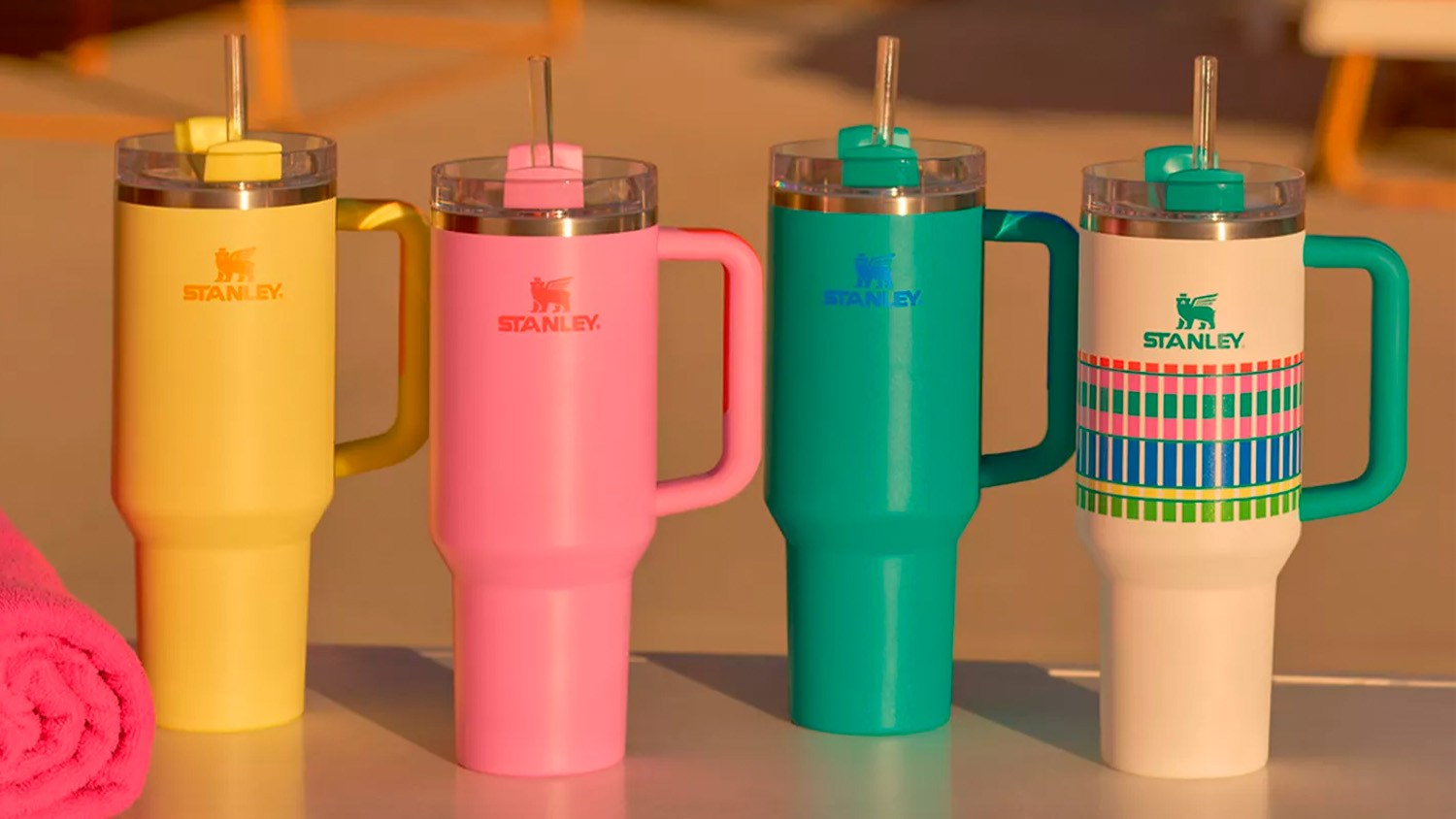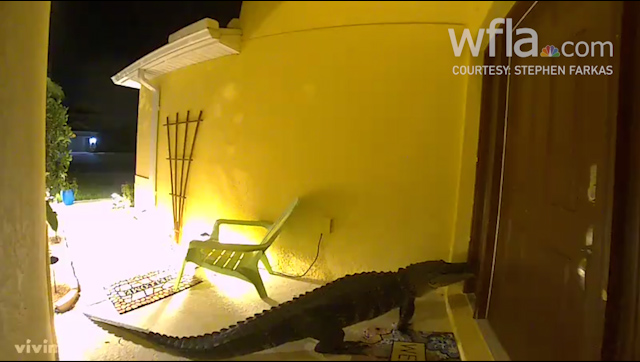TAMPA, Fla. (WFLA) — A newly passed Florida law is changing the rules for craft distilleries and making new requirements for distillers to operate.
The new law, SB 46, revises what the requirements are for Florida’s craft distilleries to be licensed, and limits how much booze they can sell in gift shops and tasting rooms. SB 46 also makes it so distilleries can’t ship products to customers and adds limits to how many craft distilleries can share common ownership.
Going forward, SB 46 makes it so that distilleries can produce more booze per year, going from 75,000 gallons to 250,000, but they’ll only be able to sell 75,000 gallons in gifts shops or tasting rooms.
A maximum of 10 craft distilleries can share common ownership under the new law, but also requires that a minimum of 60% of their finished branded products must be distilled in Florida by July 1, 2026, and they have to contain at least one Florida crop.
Under the new law, distilleries will also have to keep records of all alcoholic beverages received within or outside of Florida for three years.
Additionally, the law sets restrictions on what types of venues the crafted brews can be served. Craft distilleries will also be allowed to qualify for permits to hold tastings at Florida fairs, trade shows, farmers markets, expos, and festivals, with the law now in effect.
In terms of permitting, craft distilleries can apply for vendor licenses to “destination entertainment venues” as long as they’re located in a designated community redevelopment area authorized by a plan to support urban redevelopment and economic development.
The venue has to be owned by someone licensed as a craft distillery within the venue, and adjacent to “multimodal transport options, including, at a minimum, bicycle and pedestrian trails included on an adopted city or county trails map and mass transit routes established by a city, county, or regional transportation authority.”
Venues also have to be within a set “contiguous area” that’s at least 15 acres, and has to include parking and stormwater requirements set by local law, regulation or ordinance. There also has to be at least one indoor event venue with a capacity for at least 150 people, fully serviced by a connected onsite kitchen.
Qualifying event spaces also have to have at least one outdoor venue with a minimum capacity for 1,000 people, which regularly holds live entertainment on a stage at least 12 feet deep and 16 feet wide.
Once the appropriate fees are paid, the law says a distillery can only be licensed as a vendor for consumption on the premises of alcoholic beverages manufactured by other manufacturers and acquired through a distributor.
Licenses issued are not subject to quotas or limits but the distillery must be located on property within a destination entertainment venue, by law, and be open for tours during normal business hours for at least fvie days a week.
Among the other regulations imposed by the new law, “No more than three craft distilleries may be licensed as a vendor in a community redevelopment area,” and must all be located within the same venue and share identical ownership.
Each craft distillery must distill, blend or rectify at least 50,000 gallons of branded products, “distilled spirits manufactured by distilling, rectifying, or blending by the craft distillery on its licensed premises” each calendar year.


